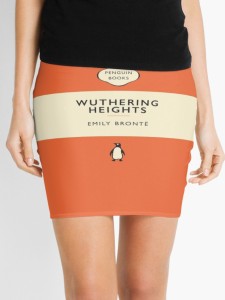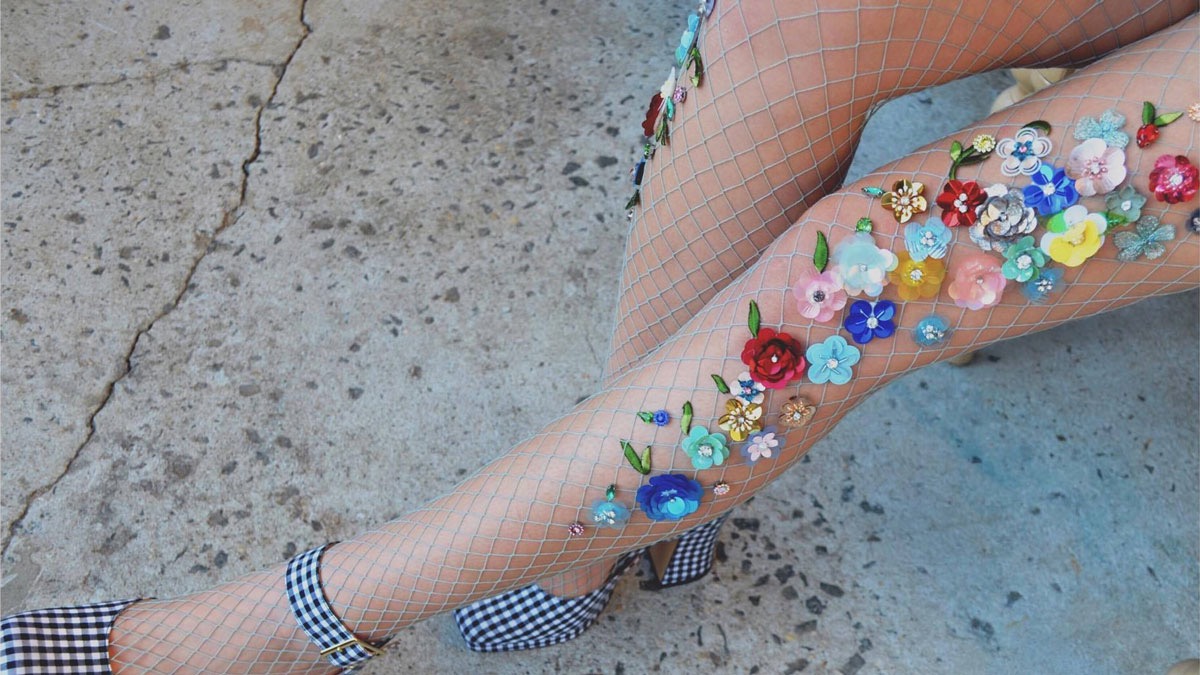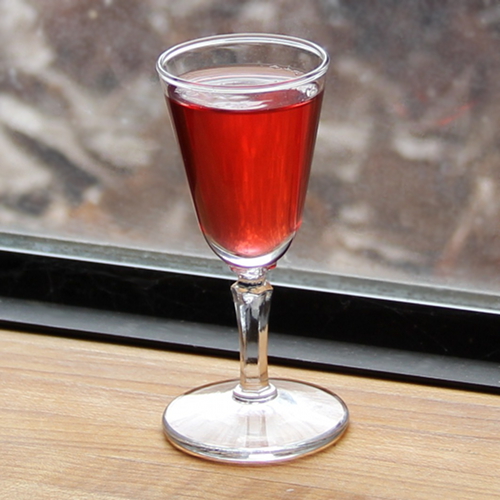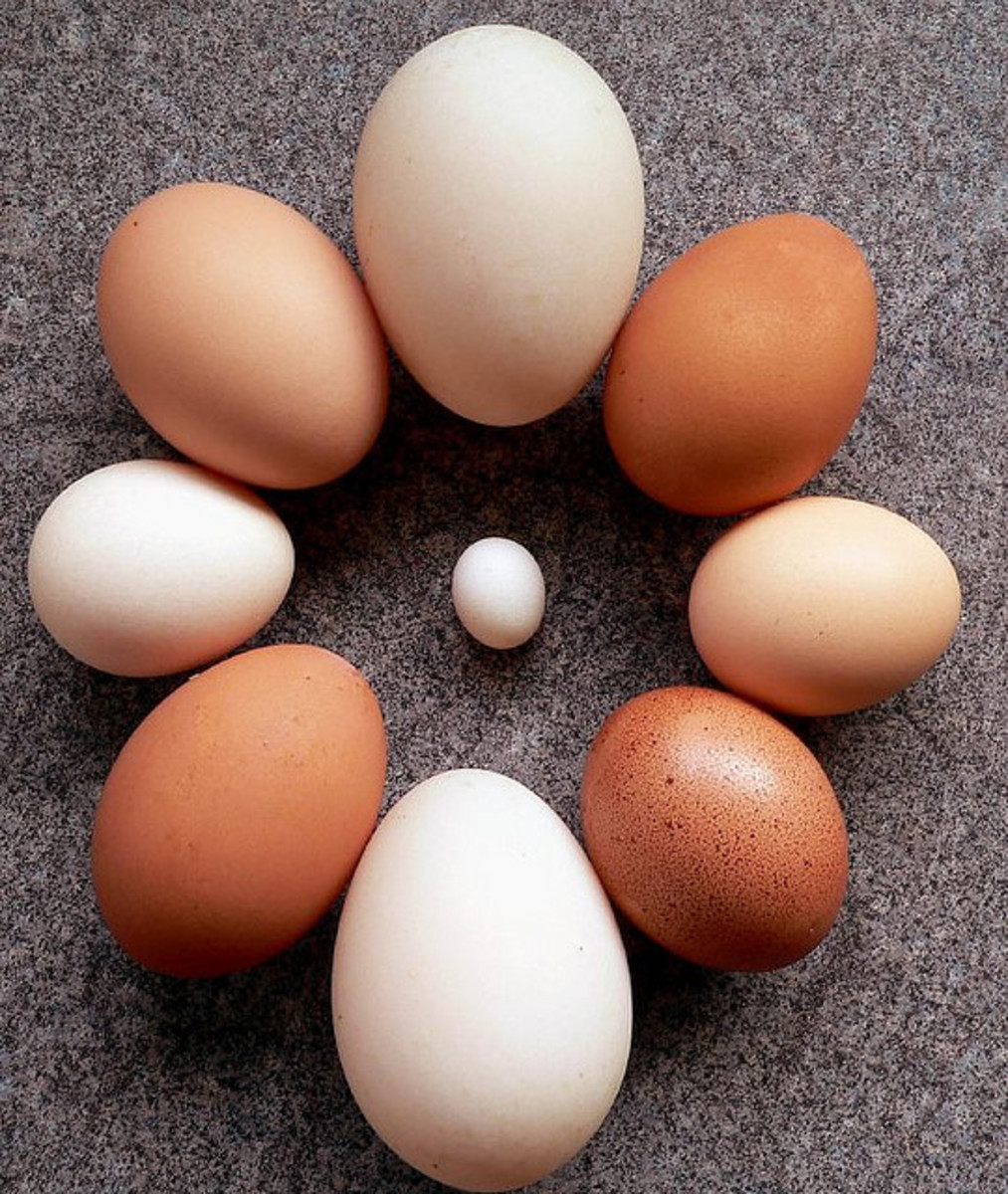At this moment in time—as far as I know, because I haven’t turned on the radio in the last quarter-hour—we’re between school shootings and the January 6th hearings, and thus this seems like a good time to wax eloquent (or try my best) at something other than current events.
I realize, more and more, that I’m turning into my mother. The disintegration of the boundary between your parent and yourself is most prevalent, I suspect, in the over sixty crowd: there’s mom frowning in the mirror, there’s dad grousing about the heating bill, there’s mom baby-talking to the dog, there’s dad who’d rather eat ground glass than miss an episode of Jeopardy.
Evidence that I’m becoming my mom: today I took a pen in hand and made notes in the book I am currently reading. Sure, I’ve underlined here and there and sure, I’ve checked and starred and highlighted and etc for book reviews or presentations. But the sort of scribbling to which I now refer—2-cent analysis, reminders of who’s who, comparisons to other texts—well, the last time I did that was like 100 years ago when I was reading The Brothers Karamazov and is the type of marginalia that my mother, may she rest in peace, was so prone to that when I tried to sell some of her books to the used-book section of the bookstore in which I personally have worked for the last ten years, they refused to take because they were unsaleable.
The book I’m defacing? It’s called Demon Copperhead and is coming in October of ’22 and is by the deeply beloved Barbara Kingsolver and is, in my opinion, one of the best things she’s ever written. Admittedly, I’m only halfway through. But still. It’s a cereal book for sure meaning that you have to eat cereal when you’re reading it because you can’t stop to cook.
You’re going to love it. You’re going to eat it up. It’s droll and awful and it takes place in Appalachia where she lives and which she loves and, while I will give you $100 if I am wrong and she’s actually a Republican—which, no way in hell– she calls out Hilary Clinton for that “deplorables” remark. Because she is there to make those forgotten people in that dead-poor place—she’s there to make them seen. And not in the way President Dumbfuck did it, which he did by telling them they’re poor because a Black person or a Jew or a Moslem or a Latina took their stuff, rather than what’s true which is that it’s Manchin and his ilk don’t get me started. Anyhow, because Kingsolver is a wonderful writer, she doesn’t harangue like I do so don’t blame her for my inability to rein in my rage.
I’m going to back up for a moment and tell you that I have, in my long life, really loved Charles Dickens’s (yes. That’s how you make ‘Dickens’ into a possessive. Dickens’s. Believe it.) novels. I’ve read most of them and get this, I’ve read several of them aloud. It takes a while to read a novel by Dickens aloud, for they are lengthy. On the other hand, as each novel was published in serial form in newspapers, they were sort of meant to be read aloud.
When the excellent buyer at Flyleaf Books handed me Demon Copperhead and told me that it was “inspired” by David Copperfield, I was like, “great, I’ll read it” and then I started it and now I’m geeking out all over the place.
Barbara Kingsolver is beloved in large part because she takes humanity’s social failures and weaves them throughout her deeply entertaining, funny, heartbreaking novels. She’s our Steinbeck. And, as I’m trying to explain: she’s our Dickens.
Dickens’s novels were all about the social ills he lived and saw. Everyone knows that. Our Mutual Friend: prisons. Hard Times: poverty. Oliver Twist and David Copperfield: the class divide especially when it comes to kids. And on and on. I feel like Barbara and Charles would have had a lot to talk about. He was a misogynist, sure, but likely he was smart enough to listen to a person of ideas, even if they did wear a skirt, which, I don’t know what Kingsolver wears. The fact is, that Dickens, while he might’ve been an ass to his wife, turned a whole lot of people onto the idea that child poverty is a thing.
Back to Demon Copperfield. So now I’m reading it and feeling chagrined at my privilege and my own rarified forms of bigotry. As well as a little familiar with the place she’s writing about having, after all, been born and raised in North Carolina and thus seen the dire straits she writes about from the interior of my air conditioned automobile as I’m being moved from point A to point B. I mean: I’m old, I’ve seen poverty, but mostly the Piedmont kind, not the mountain kind. And they’re different in horribly different ways. That’s how the Republicans drive that wedge. They use the differences.
So all of the above is just a preface to tell you this: next week, my husband and I are going to a RAM clinic. RAM stands for Remote Area Medical which, if this really were the best country in the world, wouldn’t be a thing. RAM is a travelling medical clinic that slaloms across the US, from one poor community to another. Indian reservations, some inner-city stuff in the South and West, but mostly, by far, in Appalachia. The organization imports about a million volunteer dentists and opticians and GPs and veterinarians (!) and you can drive down from wherever you might live and sleep in your car for two nights to get a place in line so you can get your goddamn teeth fixed because Republicans don’t want poor people to have good medical treatment and my evidence for that? They keep voting against it.
So Dave and I will go to a clinic and he’ll schlep tables and I’ll do intake (for alas, neither of us are medical people) and then we’ll go home feeling like we ‘did something.’
So here I am, reading along in Demon Copperhead and feeling entertained and involved and delighted and so forth. And look at what I came to! On page 263! Demon’s talking about how he’s never been to the dentist though when he was little, his mother would “drive me to the free RAM clinic they have every year… People camping out in their cars for days to try and get in.” Which is accurate, as I have related above.
One time I went to volunteer at a RAM in Grundy, Va which a) is where the writer Lee Smith hails from and b) is adjacent to some very poor places in these our united states. And yep, those people had indeed camped out in their cars for several nights in hopes of a space. It’s enough to make you want to storm the capitol except you know better.
As I said, I don’t know nothing about anything medical so I do intake at the clinics. At this clinic, all the men looked alike: tall, indeterminate as to age, baseball caps, skinny as hell. All the women look alike too: overweight, hauling little kids in pajamas. Lots of evidence of addiction even to my unpracticed eyes. It’ll break your heart.
Person after person sat in front of me: courteous, embarrassed, shy, so tired.
“Name?” I’d say. And then, “and what can we do for you today?” (You know, you try to be nice in a situation like that and not make it any worse for them.)
One young man—I’m pretty sure he was young—sat down in front of me. Maybe the thirtieth person I’d talked to that day. Most of them, I’d discovered, needed the dentist and when I thought about it I thought well, yeah, if you get appendicitis, you go to the ER and if your eyes are going, you go buy a pair of cheapo reading glasses, but if you’ve got a cavity? So the dentists were really popular.
I smiled at the young man who was gaunt and polite and who was sort of hiding under his baseball cap.
“And what can we do for you today?” I said.
“I need a dentist,” he said.
I nodded like I was a waiter at Sardi’s and he’d just told me he wanted oysters: like ‘excellent choice, sir!’
I finished up the paperwork and then looked up to give him directions and he said he said, very softly, “I’m scared.”
I was so surprised I almost gaped. I mean: it’s hard to be vulnerable, especially when you’re a man, especially when you’ve likely had to be tough for a good long time, especially in front of a stranger. My mama heart about exploded. I’d have hugged him except for the table between us.
So instead, I put my hand on his and patted it and said to him, “now don’t you be afraid, Honey. You are doing the right thing. You’re doing exactly the right thing.”
And he nodded and whispered his thank you. And then I lifted my hand and saw the tattoo on the back of his: a big honking swastika.
He went on his way. And as I drove home that evening—many hours to get home from remote little Grundy—I felt so much for him. This is what’s true: the only way that boy could feel like he had any control in the world was to hate something. He was a sweet boy, a polite boy, with his ma’ams. He’d been done wrong by society. And then some asshole with a golden toilet told him it was okay to blame it on Jews and Blacks and what have you. And that looked like hope to him.
Well, the world’s a complicated place. It’s June 8th as I write this. Tomorrow, the hearings begin. So far, the small fry in that insurrection are getting their asses handed to them. Fine. But it’s the people who told them who to hate—the rich people, with power and degrees from Princeton and Harvard—who need to be held accountable, who need to go to jail, who need to stew in a horrible quiet place where they can meet their inner demons face on. I can think of a couple of books they ought to read while they’re doing their time.


 I told him that I was going to show him something I kept only for good readers and he said, “Good. I want to go there,” which is a modern way of saying, “I’m ready.” then I put Milkman into his hands. He went away. Some months later he came in again and sought me out. I could tell that he wanted to hug me. But we kept things formal.
I told him that I was going to show him something I kept only for good readers and he said, “Good. I want to go there,” which is a modern way of saying, “I’m ready.” then I put Milkman into his hands. He went away. Some months later he came in again and sought me out. I could tell that he wanted to hug me. But we kept things formal.







 The community failed, in large part, because the women (there were two of them, Mrs. Alcott and a lady named Ann) had to do all the women’s work and the men, who were supposed to tend the fields, spent most of their time philosophizing. Then, Ann ate a piece of fish and got kicked out of the commune.
The community failed, in large part, because the women (there were two of them, Mrs. Alcott and a lady named Ann) had to do all the women’s work and the men, who were supposed to tend the fields, spent most of their time philosophizing. Then, Ann ate a piece of fish and got kicked out of the commune.



 The column now resides i
The column now resides i














